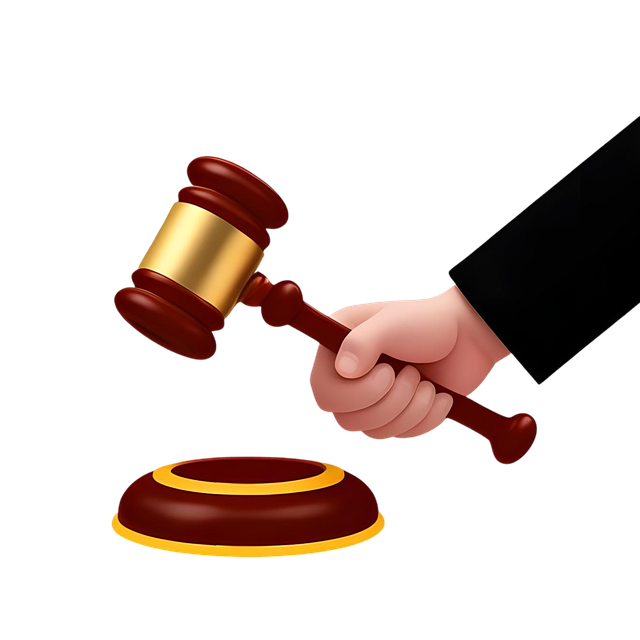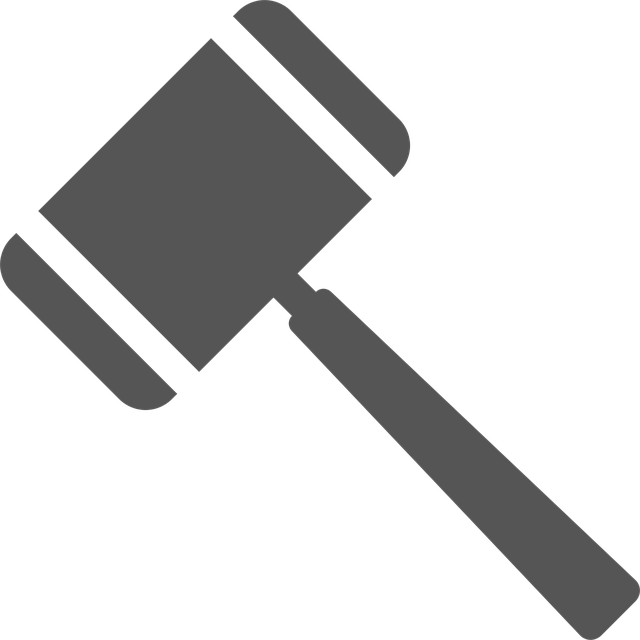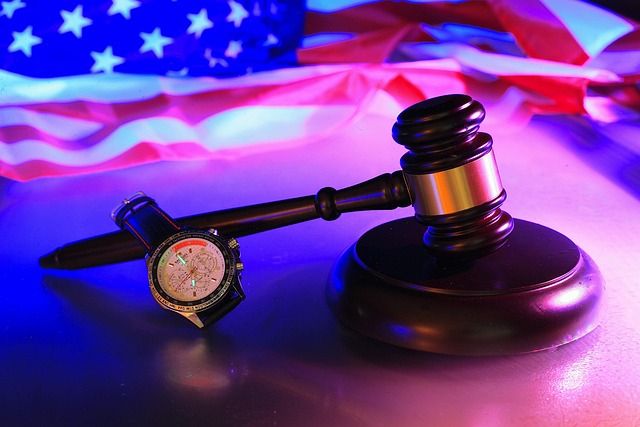Injury disputes resolve through arbitrators, impartial mediators outside traditional courts. Arbitrator selection is crucial, requiring expertise in personal injury law and a history of successful arbitration. The process ensures fairness, with parties agreeing on qualifications and verifying credentials. Arbitrators must balance legal knowledge, ethical judgment, and effective communication to reach just resolutions in injury arbitration.
Injury disputes often require a neutral third party to facilitate resolution, making arbitrators an indispensable component of the legal landscape. This article delves into the intricacies of how arbitrators are chosen in injury cases, exploring critical aspects such as their role, selection process, and the qualities that ensure fairness. Understanding these processes is vital for both parties involved, offering a clear path to efficient and impartial dispute resolution through arbitration.
- Understanding the Role of Arbitrators in Injury Disputes
- Selection Process: Criteria for Choosing Neutral Arbitrators
- Ensuring Fairness: Qualities and Training Required
Understanding the Role of Arbitrators in Injury Disputes

Injury disputes often involve complex legal issues and significant emotional strain on all parties involved. Arbitrators play a crucial role in resolving these conflicts outside of traditional courts. Their primary responsibility is to facilitate a fair and impartial process, ultimately reaching binding decisions that both sides agree to abide by. Unlike judges, arbitrators are not bound by strict procedural rules, allowing them greater flexibility in managing the dispute. This autonomy enables arbitrators to tailor their approach to each case, focusing on what’s truly important for reaching a just resolution.
When it comes to choosing an arbitrator, parties often turn to respected legal professionals, such as Orlando auto accident attorneys, who possess the expertise and experience to handle these delicate matters. The selection process involves evaluating criteria like knowledge of personal injury law, proficiency in handling property damage claims, and a proven track record of successful arbitration. A well-chosen arbitrator can significantly impact the outcome of an injury dispute, making it essential to seek a professional consultation from a reputable personal injury attorney before proceeding.
Selection Process: Criteria for Choosing Neutral Arbitrators

The selection process for neutral arbitrators in injury disputes is meticulously designed to ensure fairness and impartiality. Typically, this involves a multi-step criteria-driven approach. First, the parties involved in the dispute may agree on specific qualifications or expertise required for the arbitrator, especially in complex cases with specialized needs. This could include areas like medical knowledge, legal expertise in personal injury, or experience handling similar disputes. For instance, a car accident lawyer Orlando or a Boca Raton auto accident attorney might seek an arbitrator well-versed in automotive accidents and their unique circumstances.
Other considerations include the arbitrator’s ability to remain impartial, manage complex cases effectively, and communicate clearly with all parties involved. Experience in handling injury arbitrations, including a proven track record of fair and just decisions, is highly valued. The process may also involve checking references and verifying credentials to ensure the chosen arbitrator meets these criteria, ultimately fostering confidence in the injury arbitration process.
Ensuring Fairness: Qualities and Training Required

In injury arbitration, ensuring fairness is paramount. To achieve this, arbitrators must possess a unique blend of qualities and undergo specialized training. They should have a deep understanding of both legal principles and the complexities inherent in personal injury cases. This includes proficiency in interpreting state laws, insurance policies, and medical evidence, as well as the ability to remain impartial despite emotional appeals or complex financial claims.
Beyond legal acumen, arbitrators must exhibit strong ethical standards, including integrity, objectivity, and the capacity to manage conflicting interests effectively. Training often involves workshops on bias recognition, cultural sensitivity, and mediation techniques. These skills are crucial in handling sensitive cases like real estate disputes involving fiduciary duty breaches or lost wages claims, where impartiality and fairness are not just desirable but essential for reaching a just resolution.
Arbitration serves as a swift and private alternative to litigation for resolving injury disputes. The selection of a neutral arbitrator is a crucial step, requiring careful consideration of criteria such as expertise in relevant laws, impartiality, and communication skills. By ensuring these qualities, the process fosters fairness and promotes an efficient resolution to injuries, providing a beneficial outcome for all parties involved in injury arbitration.






